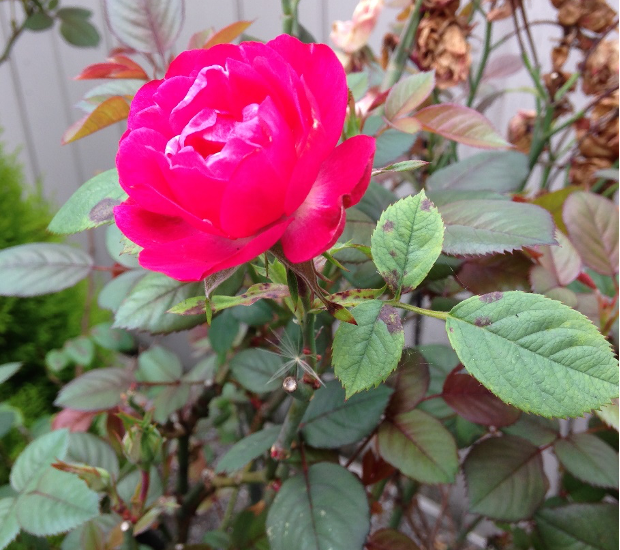The Only Revolution: Meditations on Interior Change.
The Only Revolution: Meditations on Interior Change
With Cynthia Overweg
April 9, 2022, Zoom online
This was the second in a four part series of presentations by Cynthia via Zoom from Ojai, where she resides. The focus of the session was on the issue of time and transformation. Is inner transformation limited by time? Seventeen people in total were present online for the event. As she usually does, Cynthia combined a rich selection of Krishnamurti quotes from various sources along with periods of silent awareness of the breath and the movements of thought and feeling as we observed ourselves and discussed the issues being explored through the quotes and our own inquiries. Musical accompaniment and beautiful photographs created an added background for curious looking and listening in the silent times.
Cynthia began with one of K’s fundamental teachings that it is through relationship that we begin to understand the functioning of the mind. Part of this understanding involves the issue of time. She also posed the question, “What is transformation?” It was proposed that transformation involves a shift into a level of awareness more subtle than our usual state. That quality of attention is free of the conditioned mind which often prevents us from seeing the facts of our own conditioning. “In the understanding of the total process of the mind, there is a radical change.” (K) This change releases us from the tyranny of the conditioned mind and from time itself. “To realise what is eternal, time must stop.” The moment to moment seeing of the self in action is the transformation. We must begin on a small scale with “me” and “you” in daily relationship, for self-knowledge is the foundation for the eternal. Ultimately, “the meditation of a mind that is utterly silent is the benediction that man is ever seeking.”
Following Cynthia’s talk there was an opportunity for participants to ask questions and share observations. The reality or illusion of time was questioned and the attempts to grapple with such deep questions by such scientists as Einstein and David Bohm were included in our own wonderings. We circled back to the importance of seeing clearly the problem of the “thinker” or “observer” as it is created by thought. Can this movement of thought be seen and understood as the whole movement of the “me”? This may be the basis of freedom.



